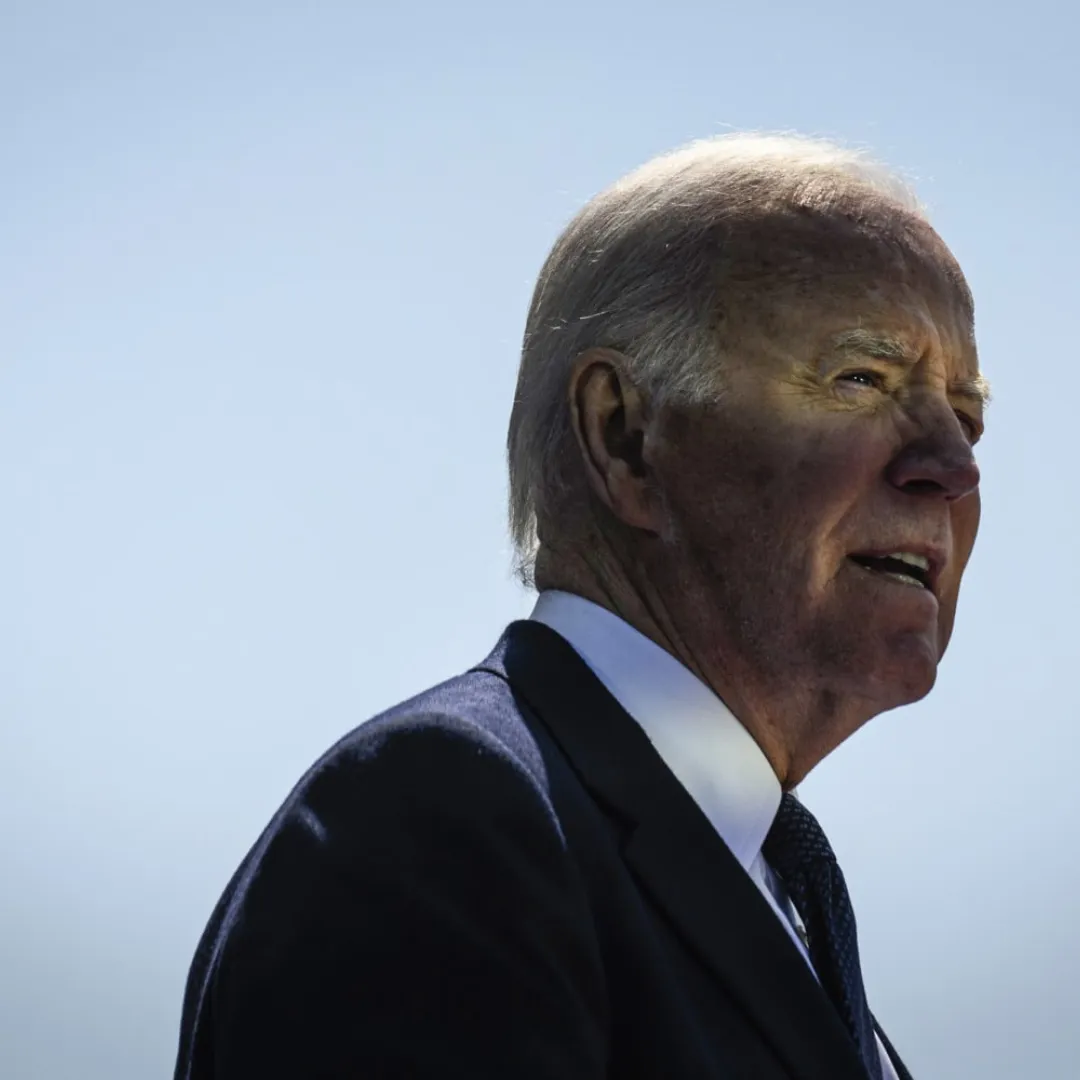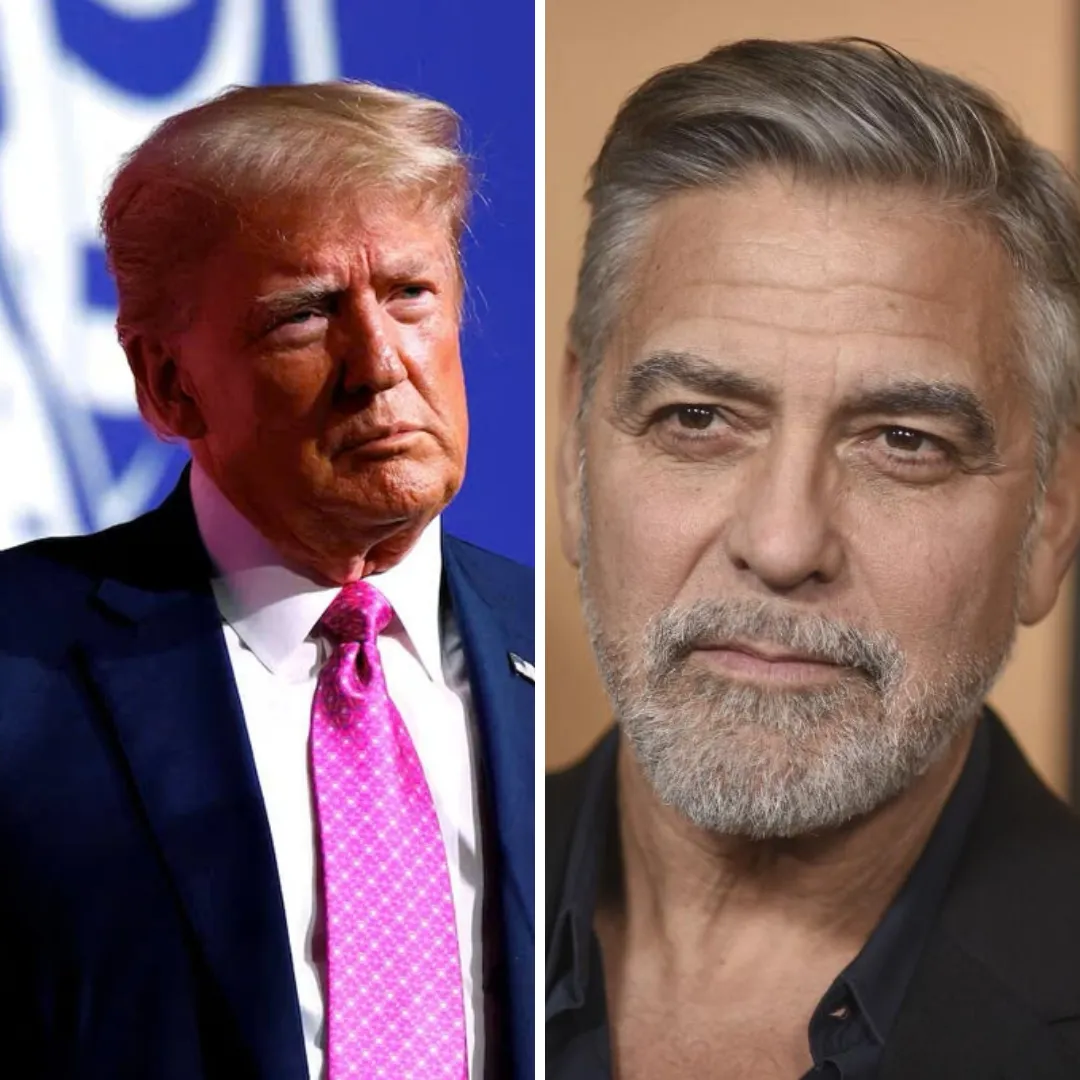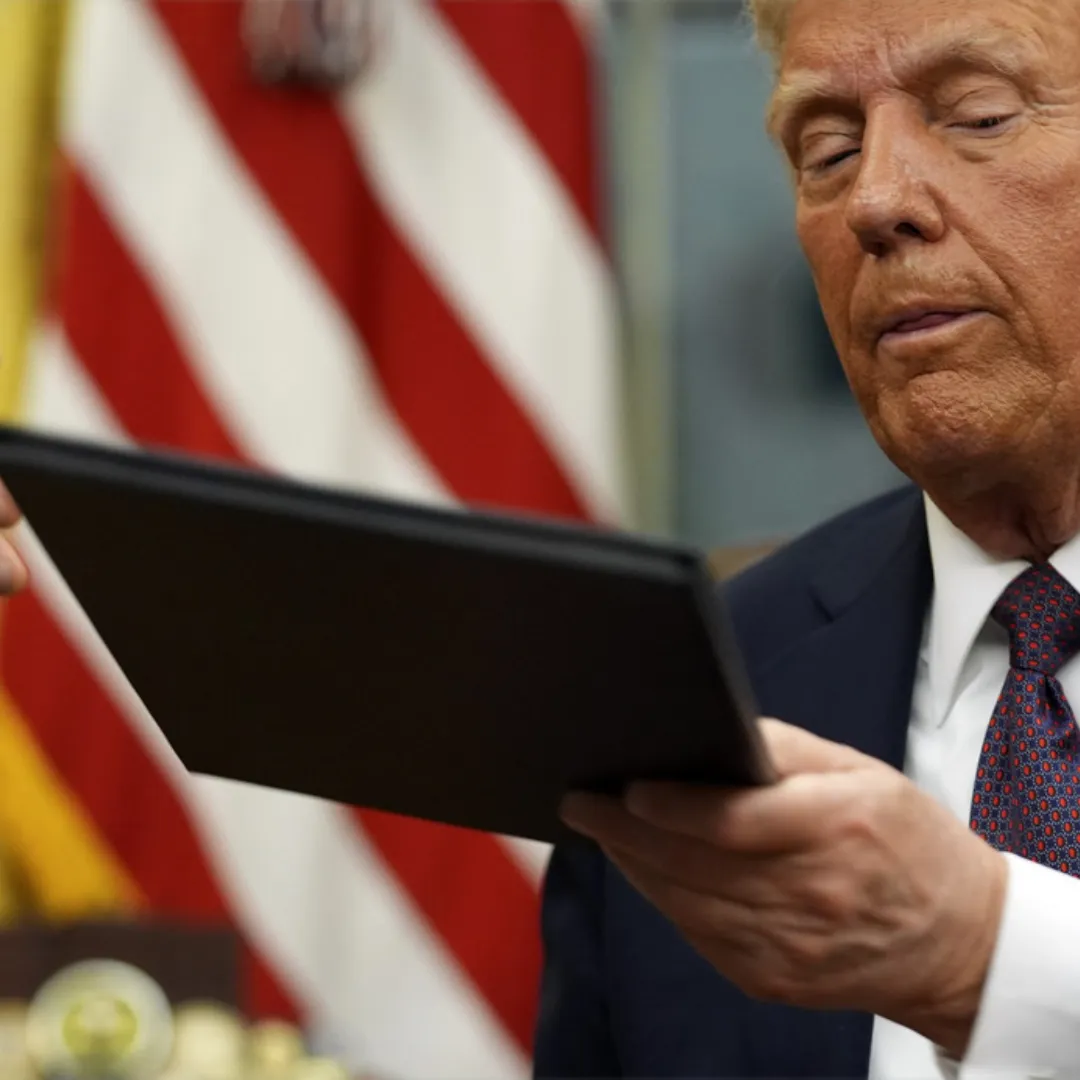
Paula White-Cain, a prominent spiritual adviser to President Donald Trump and senior adviser in the White House Faith Office, has sparked considerable controversy after comments she made regarding the role of men in the household and her own views on submission within marriage.
During a recent interview with Steve Gruber on Real America’s Voice, White-Cain, who is known for her evangelical Christian beliefs, made headlines for defending a traditional view of marriage and promoting the idea that men are designed by God to be the “bedrock” of both the family and the church.
Her remarks about submission to her husband, Jonathan Cain, the musician from Journey, have raised eyebrows across political and religious circles, with critics questioning the implications for gender equality and the modern role of women in society.
In the interview, White-Cain shared her perspective on gender roles within marriage, saying that her husband is the “head of the household” and that she “submits” to him in decision-making. She stated, “If there’s ever a time that a decision has to be made and we don’t agree on something, he’s the head. It’s not hard to submit.”
This statement aligns with her long-held belief that men are divinely designed to lead households, a view she holds not just in her personal life but also as a foundational principle of Christian doctrine. According to White-Cain, “God has an order,” and she believes that men’s leadership within the family is central to this divine design.
Her comments echo traditional Christian teachings, which often emphasize male leadership in both the household and the broader society. While these views are popular among conservative Christian communities, they have drawn significant criticism from those who argue that they reinforce outdated gender norms and hinder the progress of gender equality.
Critics contend that advocating for a model of marriage in which women are expected to submit to their husbands perpetuates inequality and undermines the independence of women in modern society.
White-Cain’s comments about submission were not the only remarks that generated controversy. During the interview, she also discussed what she sees as a growing movement of men returning to church.
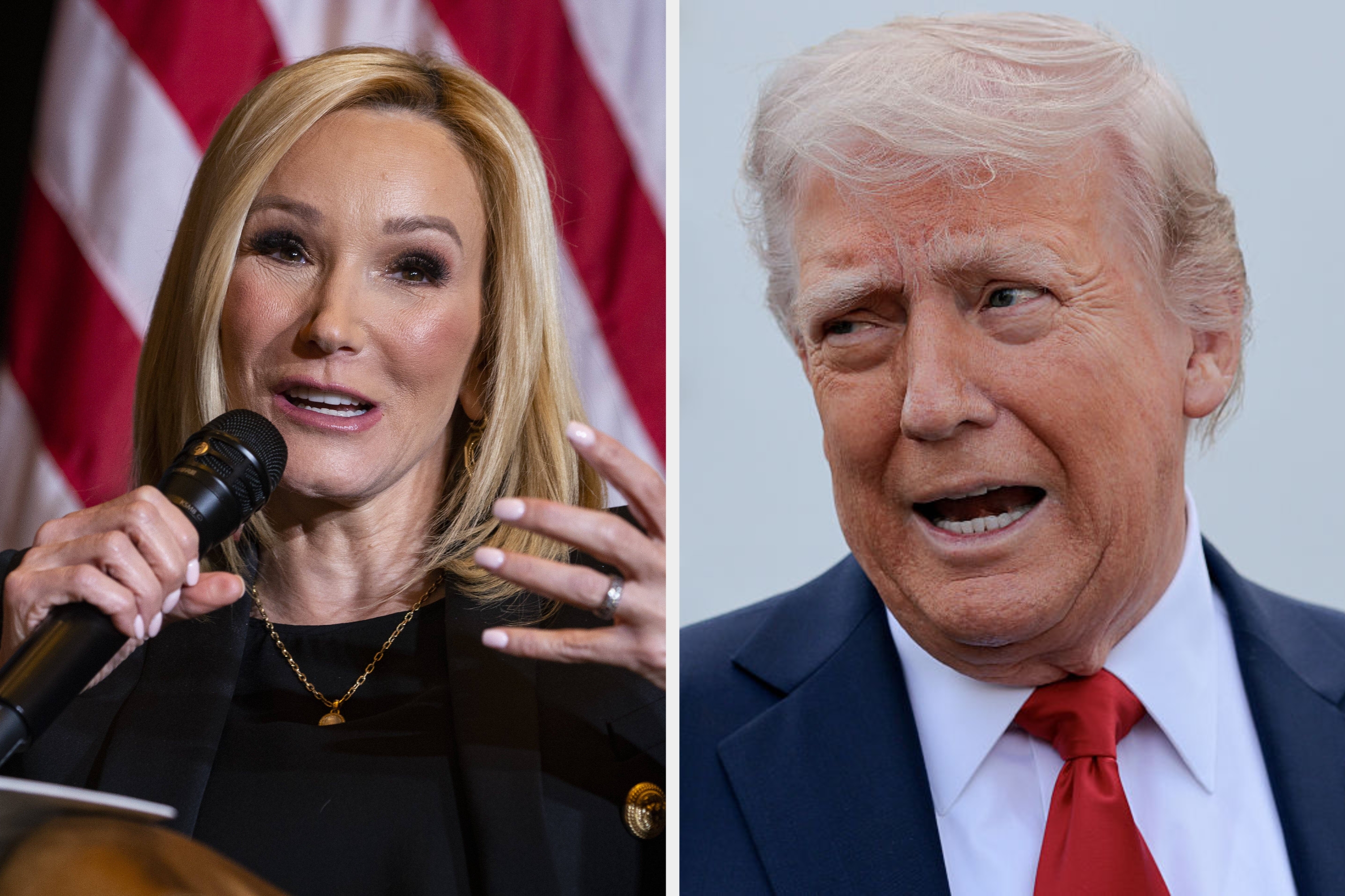
“God is moving mightily, and what’s so exciting to me, it’s especially among young people and men. Men are the fastest returning to church,” she said, emphasizing the importance of men in the religious community.
Her comments reflect a broader trend within conservative Christian circles that places a strong emphasis on male leadership, not only in the home but also in the church. This resurgence of male involvement in religious practices is something White-Cain views as part of a divine plan, stating that men are becoming “the bedrock, which is how God designed it.”
While White-Cain’s remarks about men’s role in the church have been well-received by her supporters, they are part of a larger narrative that has stirred debate within both the religious community and the political sphere. A growing body of research suggests that church attendance among women is declining at a faster rate than among men, a trend that some attribute to a variety of social, cultural, and religious factors.
White-Cain’s statement, therefore, may be seen as both a rallying cry to bring men back into the religious fold and a reflection of a broader societal shift towards more traditional views of gender roles in the church.
However, White-Cain’s leadership in the White House Faith Office, which was created to promote religious freedom and strengthen the relationship between faith-based organizations and the government, has not been without controversy. White-Cain, a televangelist who has built her career on preaching prosperity gospel and conservative Christian values, has faced significant scrutiny, particularly regarding her financial practices.
Her ministry, Without Walls International, was involved in a 2011 Senate Finance Committee investigation, which found that the church used tax-exempt funds to pay White-Cain and her family members millions of dollars in salaries. This led to accusations of financial misconduct and a lack of transparency in her ministry’s operations.
Despite these controversies, White-Cain has remained a loyal ally to President Trump, frequently advocating for policies that align with her conservative Christian beliefs. In the interview with Gruber, she spoke highly of Trump’s commitment to religious freedom and the importance of faith in the public sphere.
“I’m up here working on the initiatives for President Trump, who’s been in ministry for 40 years and understands it,” White-Cain said, emphasizing Trump’s understanding of the importance of faith in the lives of Americans. She also mentioned her excitement about the increasing demand for Bibles, citing a reported 22% rise in Bible sales, and the growing movement of people returning to church.

White-Cain’s leadership within the White House Faith Office has made her one of the most influential evangelical figures in American politics. As part of her role, she has worked to advance faith-based initiatives, including efforts to protect religious rights, combat religious discrimination, and promote Christian values in public policy.
However, her appointment has been met with criticism from both the political left and the right, with some accusing her of using her position for personal gain and promoting divisive, regressive social views.
One of the most outspoken critics of White-Cain’s role in the White House is Jon Root, a right-wing influencer who has referred to her as a “false teacher.” Root, who is known for his strong religious convictions, voiced concern over White-Cain’s involvement in the Trump administration, particularly regarding her financial practices and the theological views she espouses.
“Anybody that you know holds true to strong biblical conviction and discernment wouldn’t be involved with Paula White,” Root said in an interview with digital news site NOTUS. “She’s 100% a false teacher.” Root’s comments reflect a growing divide within the evangelical community over White-Cain’s influence in political circles.
Despite the backlash, White-Cain’s political and religious influence continues to grow, especially within the Trump administration, which has made religious freedom a key issue during Trump’s presidency. Her advocacy for Christian values and her close relationship with the president have made her a central figure in efforts to align government policies with religious principles.
However, her controversial comments on gender roles and submission have drawn sharp criticism, particularly from those who argue that such views are out of step with the progress made on gender equality and women’s rights.
As White-Cain continues to serve in the White House Faith Office, her views on gender and marriage will undoubtedly remain a point of contention. Her support for traditional gender roles, coupled with her role in promoting policies that impact the rights of women and minorities, has placed her at the center of a larger debate about the role of religion in politics.
As the country continues to grapple with issues of gender, equality, and religious freedom, White-Cain’s influence and her views on submission, male leadership, and faith will continue to spark controversy and debate.
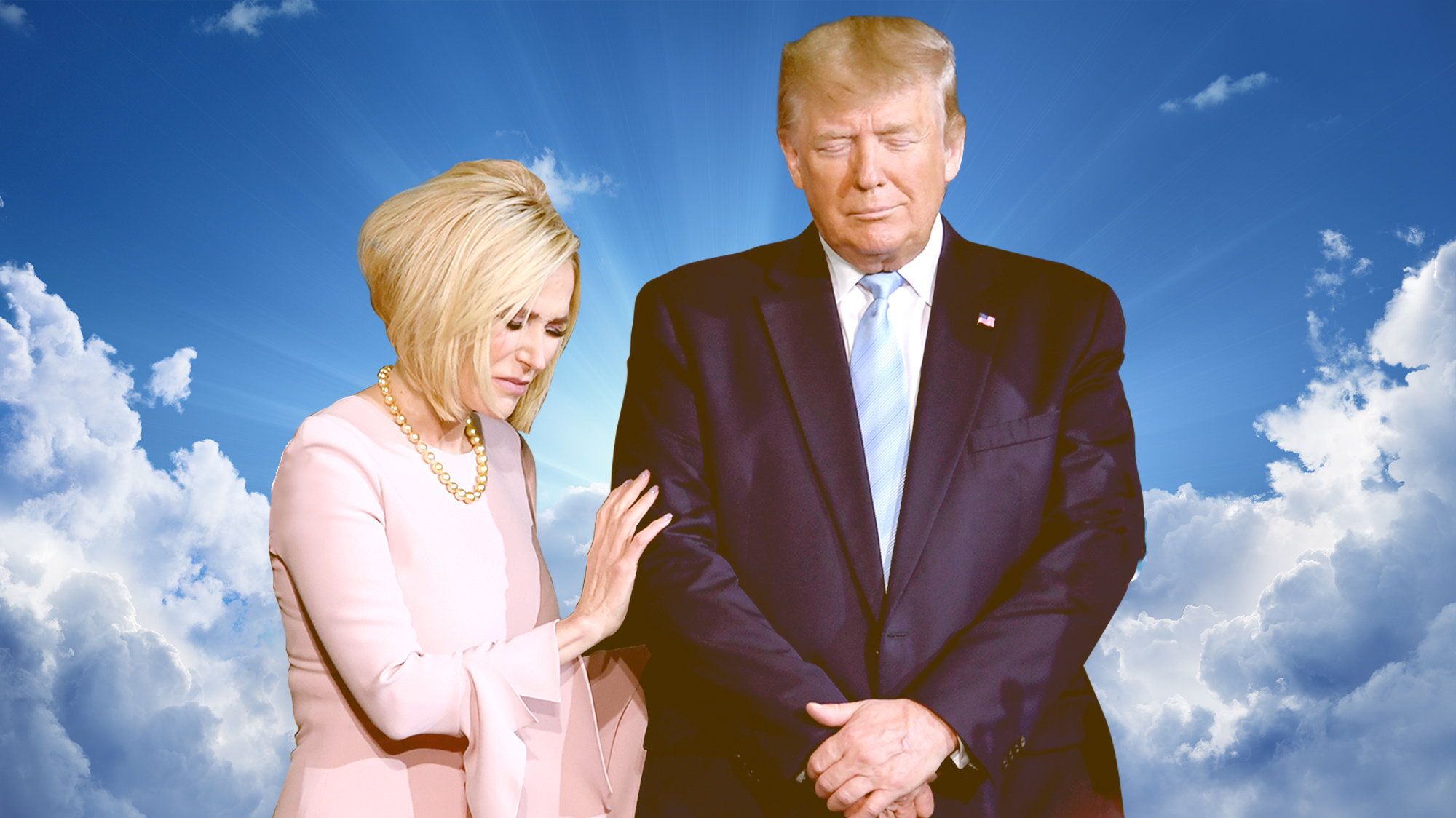
For her supporters, White-Cain represents a beacon of conservative Christian values in the White House, a voice for those who feel their religious beliefs are under threat in an increasingly secular society. For her critics, however, she embodies a vision of Christianity that seeks to impose traditional values at the expense of progress and equality.
As White-Cain’s influence in the administration grows, so too will the scrutiny of her beliefs and actions, particularly as they intersect with issues of gender, power, and politics in the modern world.
In the end, Paula White-Cain’s comments about submission, marriage, and the role of men in both the family and the church reflect a larger cultural divide within the United States. While she continues to advocate for a return to traditional Christian values, her critics argue that such a return comes at a high cost—one that undermines progress toward a more inclusive and equal society.
Whether White-Cain’s views will continue to shape U.S. politics and religious discourse, or whether they will be challenged by a new generation of progressive leaders, remains to be seen. But for now, her influence remains undeniable, and her remarks continue to stir conversations about the intersection of faith, politics, and gender in America today.
